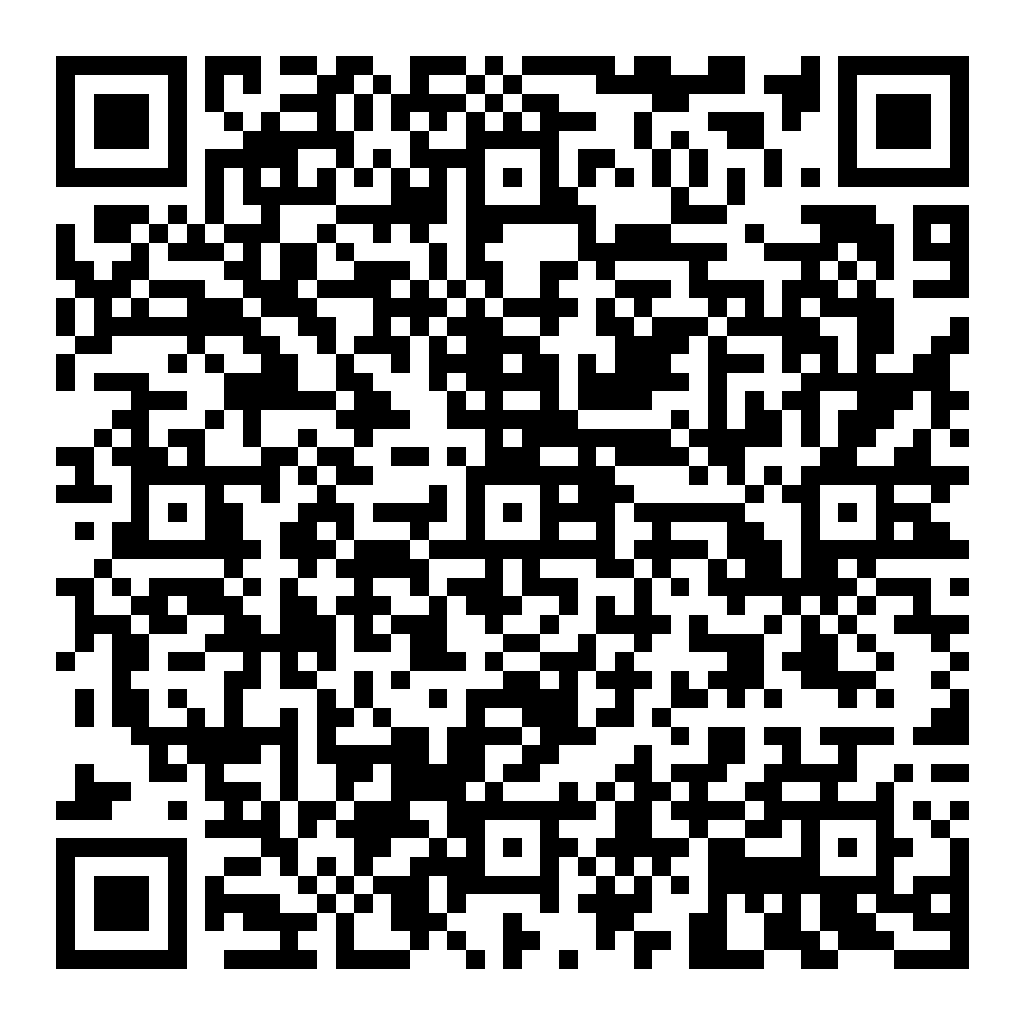Web Publishing for Pirates
Or, Reusing Common, Open, and/or Minimal Technologies to Get Your Stuff on the Web
Francesca Giannetti
February 25, 2022
Central Provocations
Digital work is hard, and a bit brokenIt suffers from the societal devaluing of maintenance and care work
Reliance on an institution to “help” reduces our control over the means of production
The Finite Usefulness of the Book Metaphor
.@jotis13 DH projects like cars are resource-intensive, useful status symbols. They need gas, registration, and they chug along for 5-7 years and they begin to break down in various ways. It'll either become a classic worth preserving at whatever the cost, or it'll die. #DHSI21 pic.twitter.com/tqsGfw9r1z
— Quinn Dombrowski (@quinnanya) June 15, 2021
Big Maintainer Energy
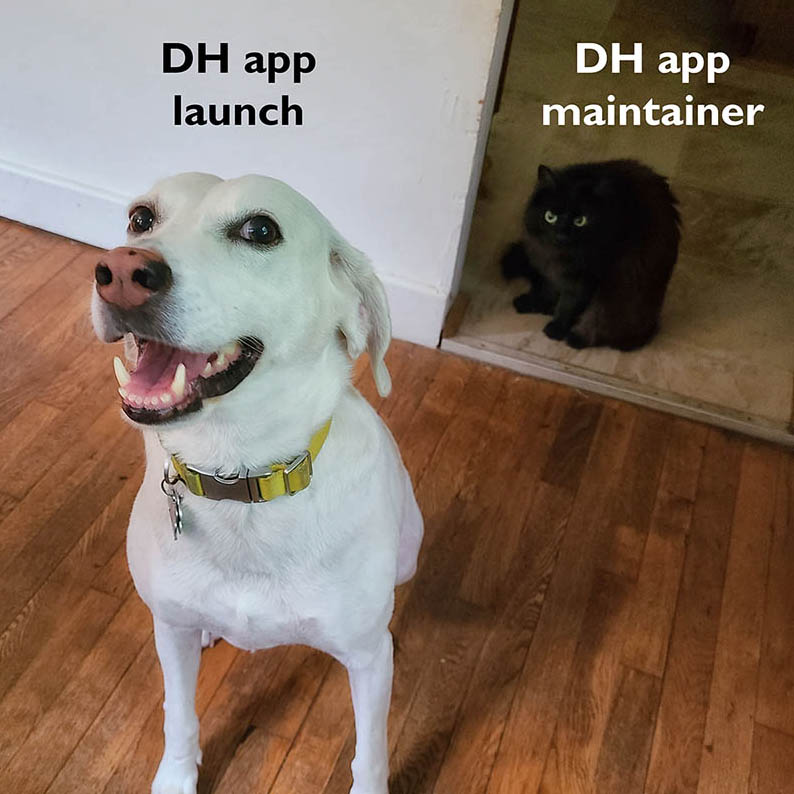
Source: Shane Lin
Reality Check
“The help is not coming.” We are our own help. Omg. Alex. Stop it. Am I devastated or empowered? Am I devastated and then empowered? #minicomp #DreamLab21 pic.twitter.com/mdf3ZK6uXP
— Jessica Marie Johnson (@jmjafrx) June 14, 2021
Introducing Pirate Care
- Caring is not intrinsically “nice”, it always involves power relations.
- Care labour holds the capacity to disobey power and increase our collective freedom. […]
- Caring labour needs full access to resources, knowledge, tools and technologies. When these are taken away, we must claim them back.
Source: Pirate Care
Repair
Where infrastructures are absent or unreliable, the gaps are filled by illegal water taps, grafted cables, pirate radio stations, backyard boreholes, shadow networks, and so forth. Many regions have their own distinctive “repair ecologies,”
What does that look like?
- Pirate care is about fiddling in the gray areas between official policy and de facto practice
- It involves collective, grass-roots action
- It can be about setting up Nimble Tents, using ready-to-hand tools and infrastructures to deal with urgencies
- It may also use minimal computing tech combined with short sprints of effort
Summary of Talk
I will discuss two projects in which I used minimal computing technologies, and describe the workflow involved in each
I’ll ask you to respond to a brief survey about your web publishing habits and wishes, with the goal of establishing some concrete practices that can foster more widespread use of digital tech
Music DH
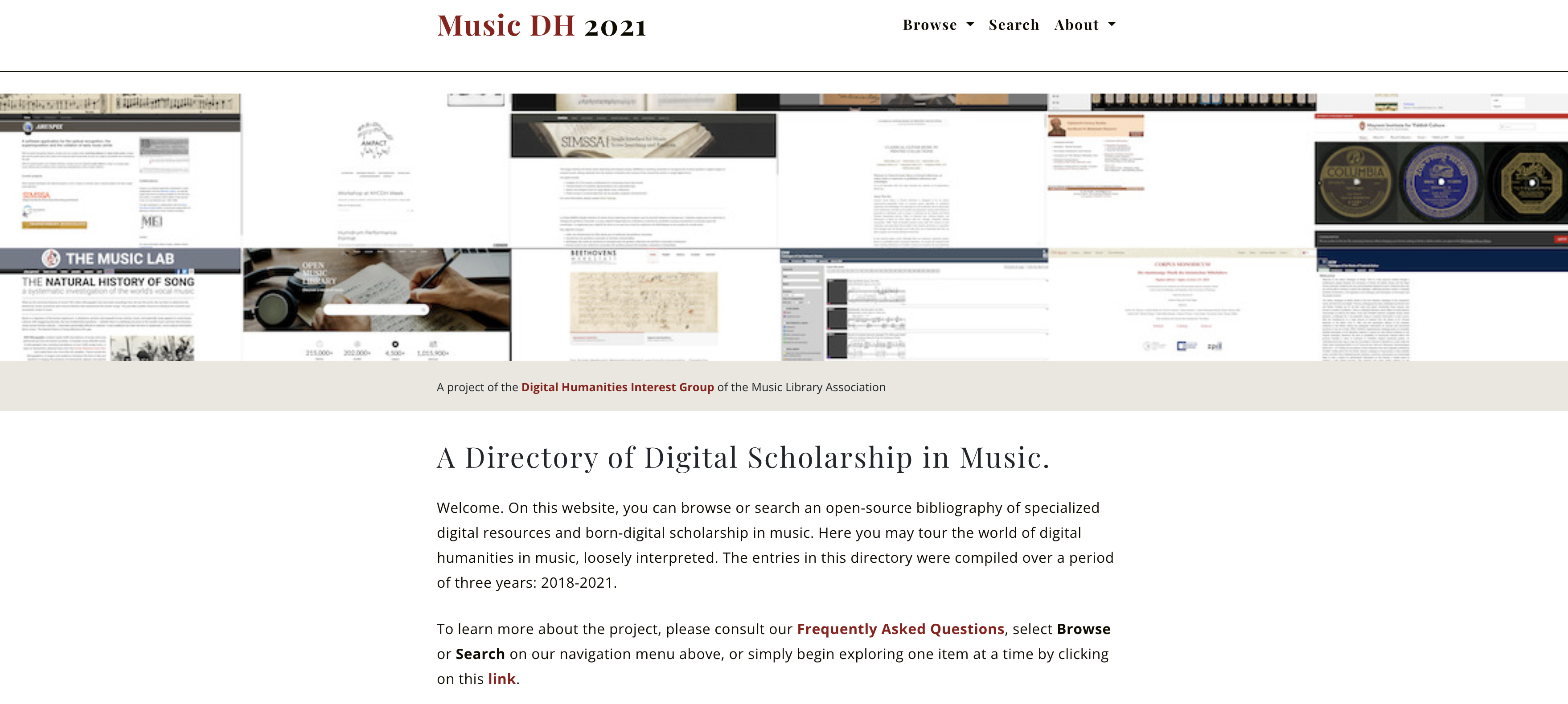
More recent DH directories…
- pursue focused topics
- are updated infrequently
- use readily available technologies that don’t cost extra money
Wax Workflow
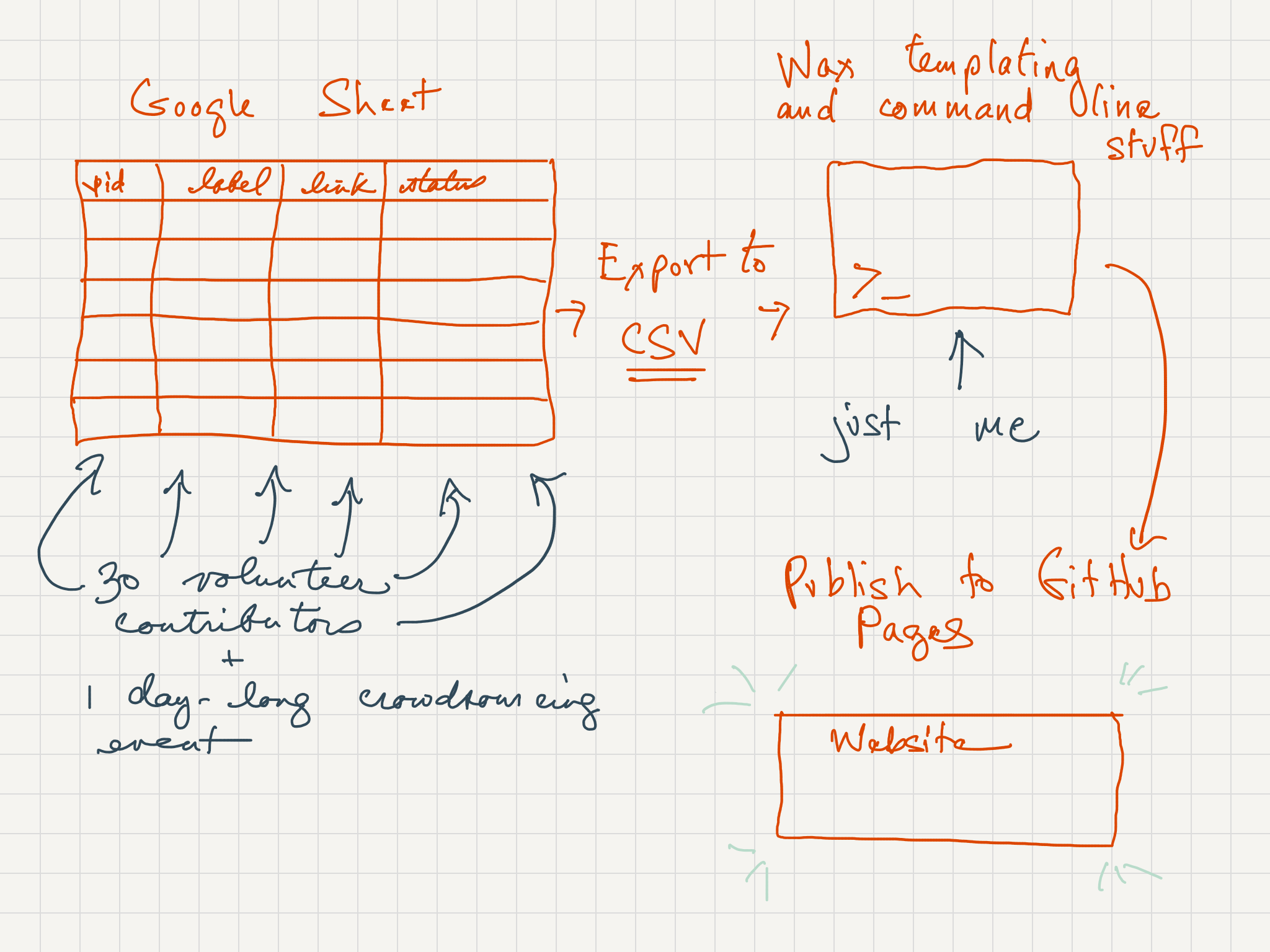
What do we need?
My own posing of the question “what do we need?” comes from an acknowledgement of the hybrid and global future we see being shaped for the scholarly record: parts digital, parts analog. In this new mediatic environment we continue to protect, study and renew the analog, as we attempt to harness the new media in smart, ethical and sustainable ways. For several reasons, this implies learning how to produce, disseminate and preserve digital scholarship ourselves, without the help we can’t get, even as we fight to build the infrastructures we need at the intersection of and beyond our libraries and schools. This means that my minimal computing does not stand in as a universal call, but rather as a space for new questions and practices, an injunction to constantly repeat the question, “what do we need?”
Source: Alex Gil, “THe User, the Learner, and the Machines We Make”
What DO we need?
- Useful, findable information
- Nice (authoritative?) presentation
- Outreach to contributors
- Short sprint of effort
- Core group of volunteers for (small) data curation
Correspondence of the War Service Bureau
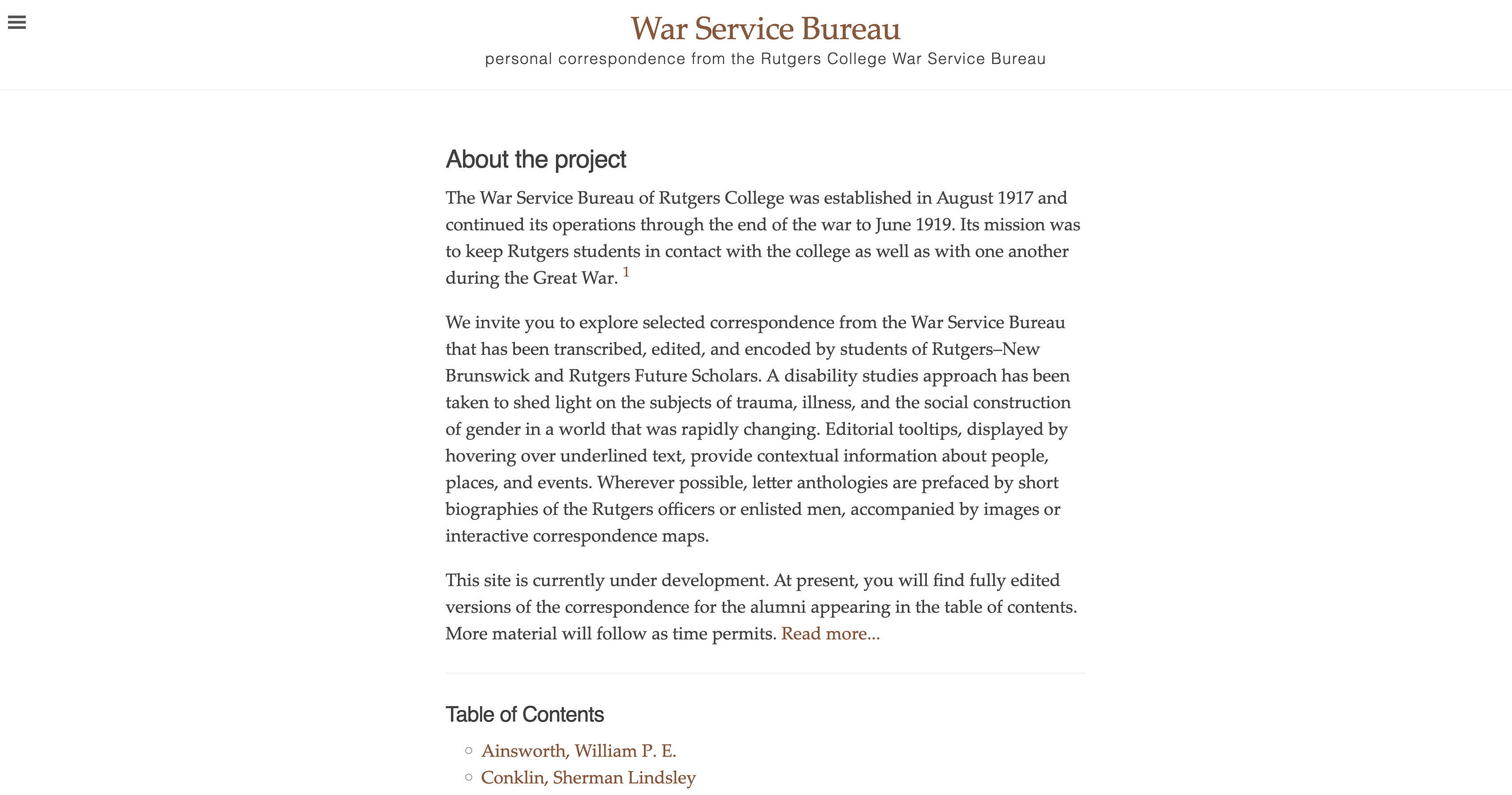
Ed Workflow
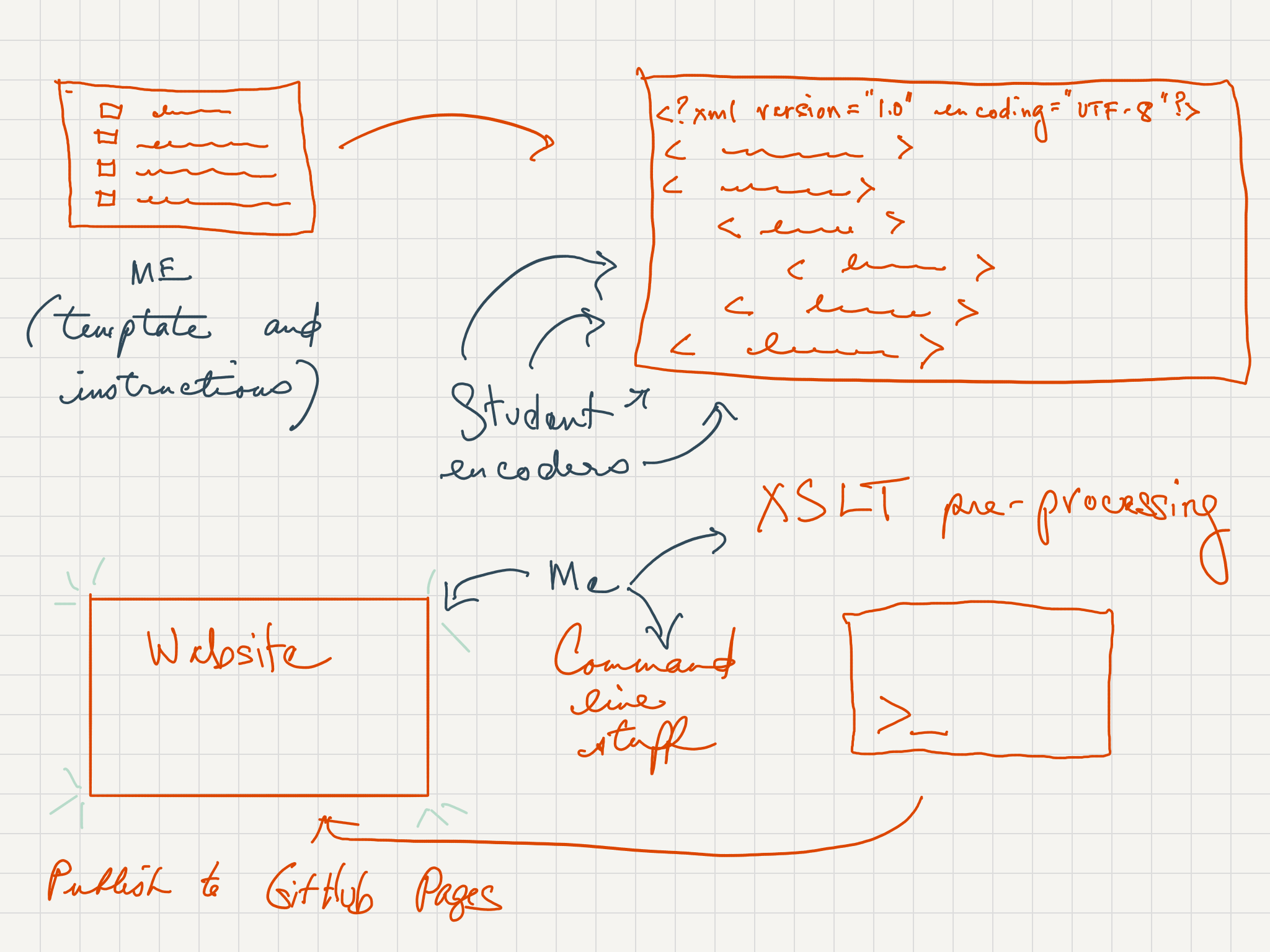
The Student Assignment
- Introduces students to the theory and practice of scholarly digital editing
- Analytic annotations initiate students into the work of the scholarly editor
- Letter metadata, containing sender and addressee names, locations, and dates, may be extracted for visualization
My Side of Things
So, admittedly, this project isn’t so minimal. The instructions for student participation are semi-elaborate. I then edit the students’ work. There’s a required pre-processing step to go from TEI XML to what Ed/Jekyll needs to generate the website’s files. I research the alumni to write their bios and write messy JavaScript for correspondence maps. I am still actively looking for corners to cut to speed up the pipeline between student encoding and web publication.
Downsides
- Curatorial changes to the data do not get reflected in the website until the next build
- Minimal/open technologies front-load the labor on the developer
- Single point of failure (me)
Survey
Thank you!
Francesca Giannetti
Digital Humanities Librarian
francescagiannetti.com
@jo_frankie | fg162@rutgers.edu
